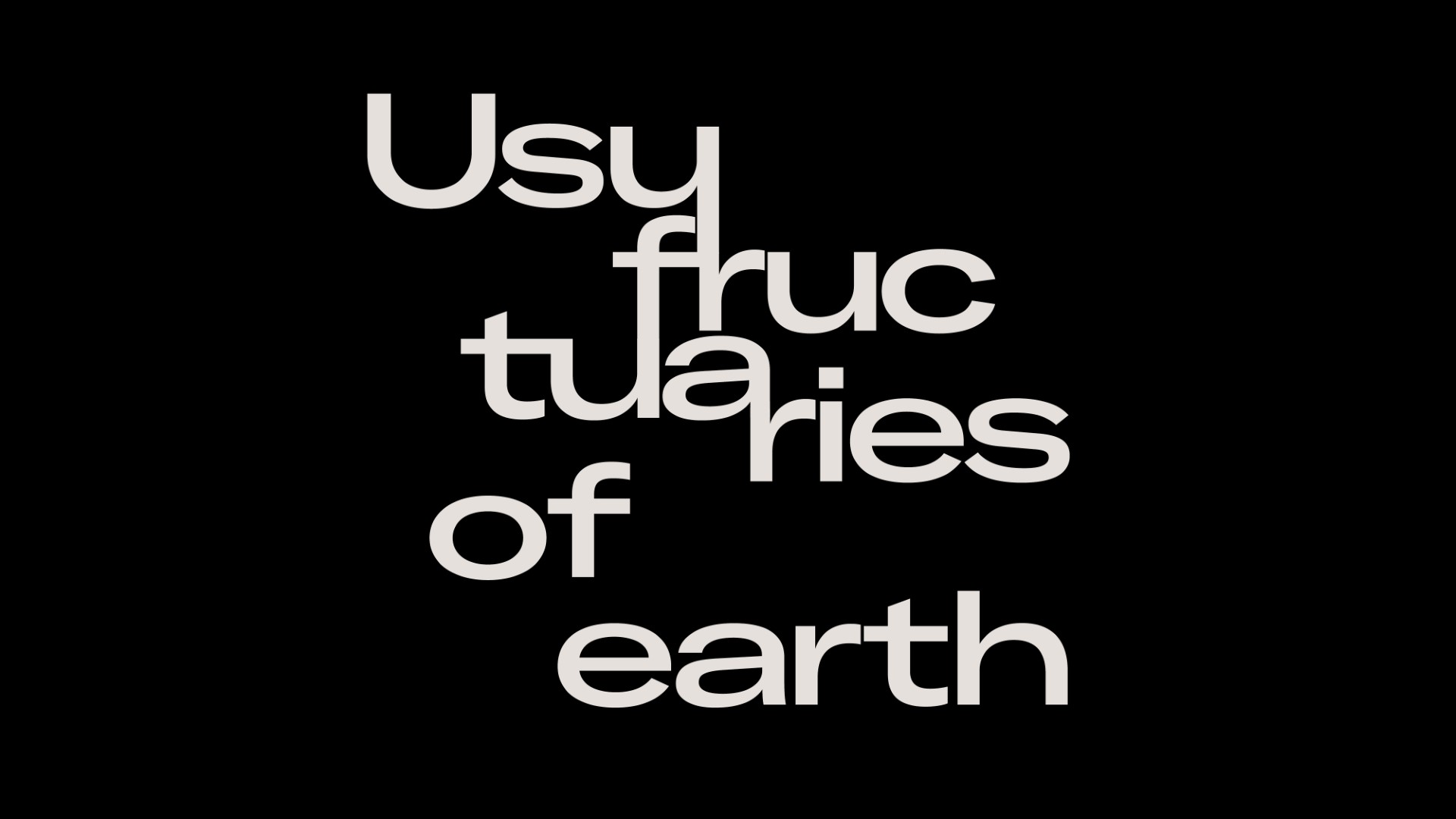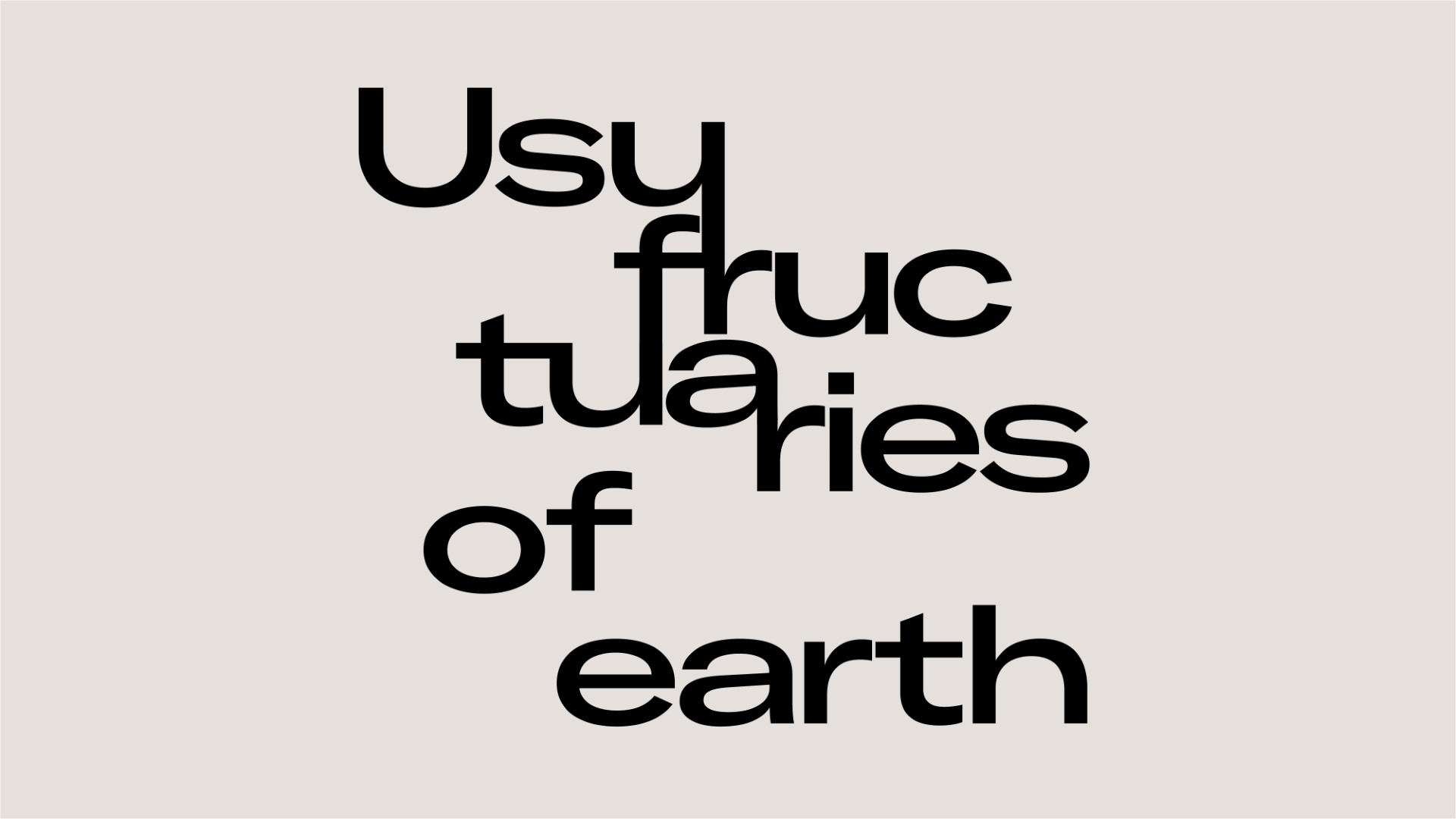On Crisis (emergency and new heroism)
Emergency? Of what kind, where, affecting who? In most recent global history, a number of monumental incidents of a political nature, many of which fall under a larger concept of “biopower,” put the world into a state of crisis. The so-called dismantling of the Communist regimes in the (former) Eastern Europe and of welfare democracies in the (former) West, and more recent events such as 9/11, the war in Iraq, the bombings in London and Madrid, as well as devastating natural disasters such as last year’s tsunami and hurricane “Katrina,” have chipped away at the promise of global mobility and economic prosperity, and contributed to a general sentiment of immense instability and permanent danger across the world. This situation has placed all levels of public life in a confrontational mode, forcing everyone to face the crisis and refine ways of governance according to the new circumstances. Crisis, as a catalyst for change, is a paradoxical agent. At the same time it signals a shift in the existing power structures, it also provides an opportunity, or excuse, for their reinforcement. Jeremiah Day, Jan Verwoert, and Klub Zwei discuss the notion of crisis in our present-day world, and look back upon some historical examples. Specifically, alternative models of governance and political response are considered by re-posing the question: How can critical artistic and intellectual practice address these contexts and propose another path?



